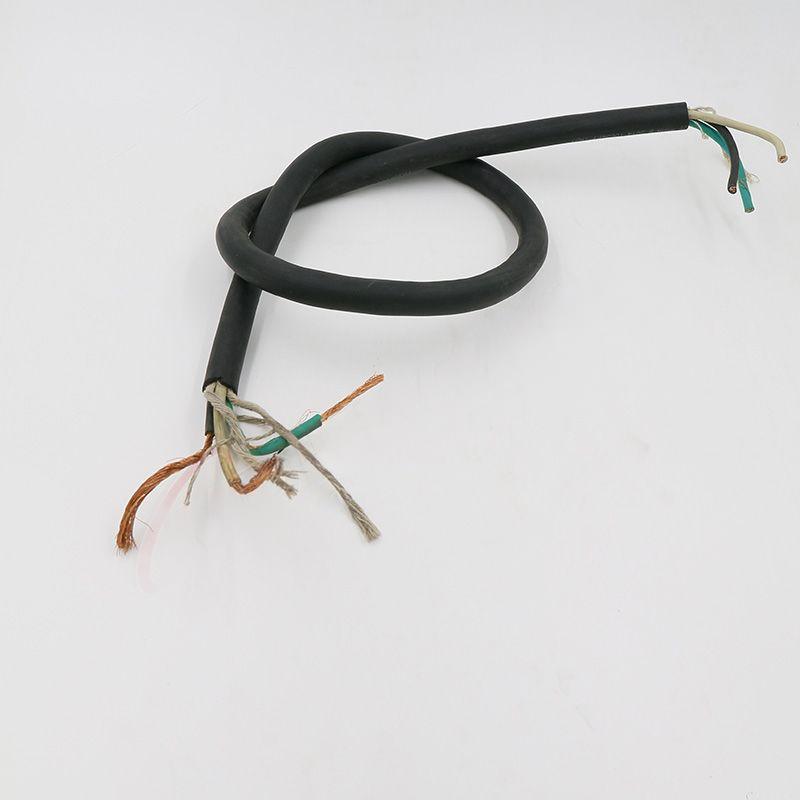Nov . 24, 2024 04:39 Back to list
Ductile Valve Selection and Performance for Enhanced Fluid Control Applications
Understanding Ductile Valves Key Components and Applications
Ductile valves, also known as ductile iron valves, play a critical role in various industries, serving as essential components for the regulation and control of fluid flow. Made from ductile iron, which is an alloy characterized by its enhanced strength and flexibility, these valves offer several advantages over traditional materials. In this article, we will explore the characteristics, benefits, and applications of ductile valves, highlighting their importance in modern infrastructure.
What is Ductile Iron?
Ductile iron, also referred to as nodular cast iron, is a type of cast iron that has been treated to improve its mechanical properties. This alloy forms through the addition of elements such as magnesium during the melting process, resulting in a microstructure that enhances its toughness and corrosion resistance. Ductile iron can withstand considerable stress, making it an ideal material for heavy-duty applications where reliability and durability are essential.
Key Features of Ductile Valves
1. Strength and Durability Ductile valves are designed to endure high pressures and extreme temperatures, making them suitable for a wide range of industrial applications. Their robust structure allows them to maintain integrity even in harsh environments.
2. Corrosion Resistance The inherent corrosion resistance of ductile iron, especially when coated with protective finishes, ensures that these valves last longer than traditional materials. This characteristic is particularly beneficial in wastewater treatment and chemical processing industries, where exposure to corrosive substances is common.
3. Ease of Installation Ductile valves are designed with user-friendly features that simplify installation and maintenance. Many models come equipped with flanged or threaded ends, allowing for straightforward connections to piping systems.
4. Versatility These valves are available in various configurations, including gate, globe, butterfly, and check valves. This versatility makes them suitable for various applications, whether in municipal water systems, fire protection systems, or industrial processes.
5. Cost-Effectiveness Although the initial cost of ductile iron valves may be higher than some alternatives, their longevity and reduced maintenance needs make them a cost-effective choice in the long run. The total cost of ownership can be significantly lower when considering lifetime performance and reliability.
ductile valve

Applications of Ductile Valves
Ductile valves are widely used across numerous sectors, thanks to their favorable characteristics
. Here are some common applications1. Water Supply and Distribution Ductile valves are integral to municipal water systems, aiding in the regulation and control of water flow. They ensure reliable and efficient distribution, contributing to the overall safety and quality of potable water.
2. Wastewater Management In wastewater treatment plants, ductile valves play a vital role in controlling the flow of sewage and industrial effluents. Their resistance to corrosion and robust construction allow them to handle demanding environments effectively.
3. Fire Protection Systems Fire protection systems often utilize ductile valves to manage water supply and pressure for sprinkler systems and hydrants. Their reliability is crucial for ensuring adequate fire protection in commercial and residential buildings.
4. Chemical Processing In the chemical industry, ductile valves manage the flow of reactive and corrosive materials. Their ability to withstand harsh chemicals and high temperatures makes them indispensable in this sector.
5. Oil and Gas Industry The oil and gas sector relies on ductile valves for controlling the flow of hydrocarbons through pipelines. Their strength and durability are essential for maintaining safety and efficiency in these critical operations.
Conclusion
Ductile valves are an essential component in many industrial and municipal applications. Their superior strength, corrosion resistance, and versatility make them a preferred choice for engineers and contractors. As industries continue to advance and demand more reliable solutions, the role of ductile valves is likely to expand even further. Investing in high-quality ductile valves not only helps ensure operational efficiency but also supports the sustainability of infrastructure in a rapidly evolving world. By understanding the benefits and applications of these valves, stakeholders can make informed decisions that enhance the performance and longevity of their systems.
Share
-
priming-a-pump-with-a-foot-valve-with-strainerNewsAug.23,2025
-
the-importance-of-a-y-strainer-in-pump-protectionNewsAug.23,2025
-
stainless-steel-ball-check-valve-for-high-purity-applicationsNewsAug.23,2025
-
common-applications-for-wafer-type-butterfly-valvesNewsAug.23,2025
-
seat-options-for-a-12-inch-knife-gate-valveNewsAug.23,2025
-
the-lifespan-of-a-typical-dismantling-jointNewsAug.23,2025


